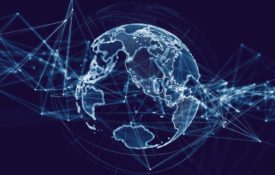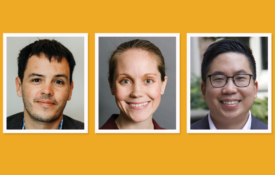-
Humans Absorb Bias From AI—and Keep It After They Stop Using the Algorithm
Artificial intelligence programs, like the humans who develop and train them, are far from perfect. Whether it’s machine-learning software that analyzes medical images or a generative chatbot, such as ChatGPT, that holds a seemingly organic Visit Page
-

Global Science Requires Greater Equity, Diversity, and Cultural Precision
Three authors discuss the discrepancy between espoused ideals for a global science and implicit biases that perpetuate unequal visibility and representation in psychological science. Visit Page
-

Teaching: Why the Bias Blind Spot Matters and How to Reduce It
We often recognize bias in others but rarely in ourselves. Teaching students about the bias blind spot can help them increase their self-knowledge and reduce interpersonal conflicts. Visit Page
-
For Black Drivers, a Police Officer’s First 45 Words Are a Portent of What’s to Come
When a police officer stops a Black driver, the first 45 words said by that officer hold important clues about how their encounter is likely to go. Car stops that result in a search, handcuffing Visit Page
-

New Research in Psychological Science
A sample of research on visual short-term memory, the development of spatial cognition and its malleability, how heart rate predicts the performance of elite athletes, and much more. Visit Page
-

Special Episode II: APS 2023 Spence Awardees on Sharing Minds, the Development of Learning, and Implicit Bias
Julian Jara-Ettinger, Emily Fyfe, and Calvin Lai discuss reading and sharing minds, the development of learning and its practical applications, and the importance of studying the gap between what people value and what people do. Visit Page

